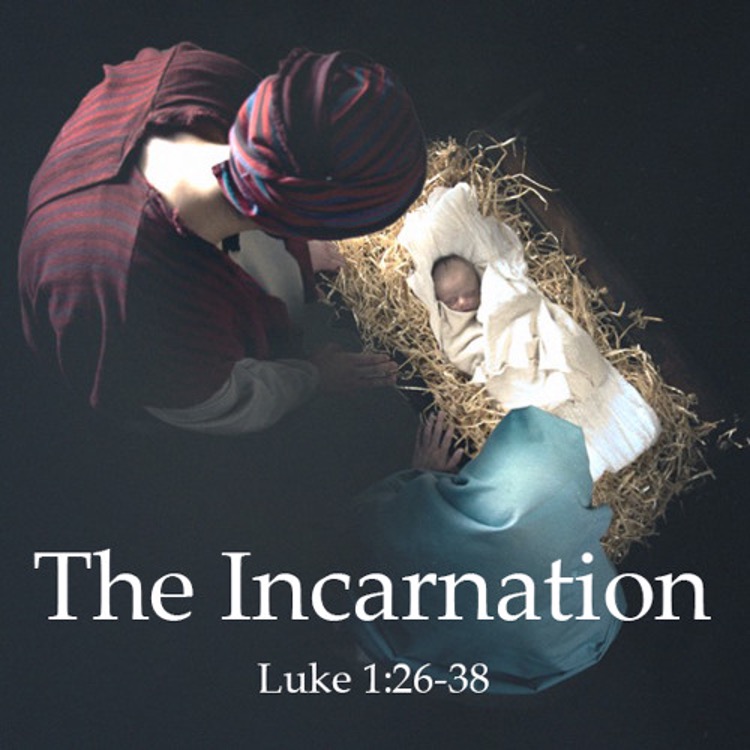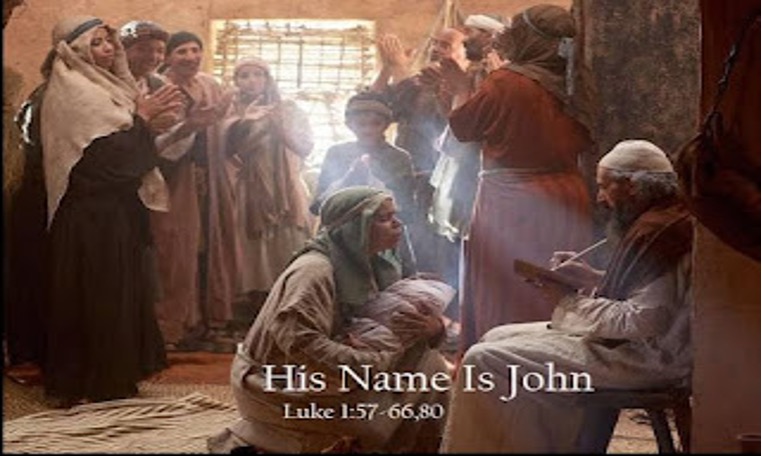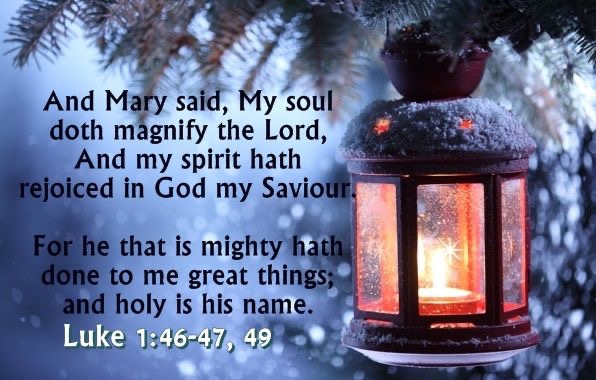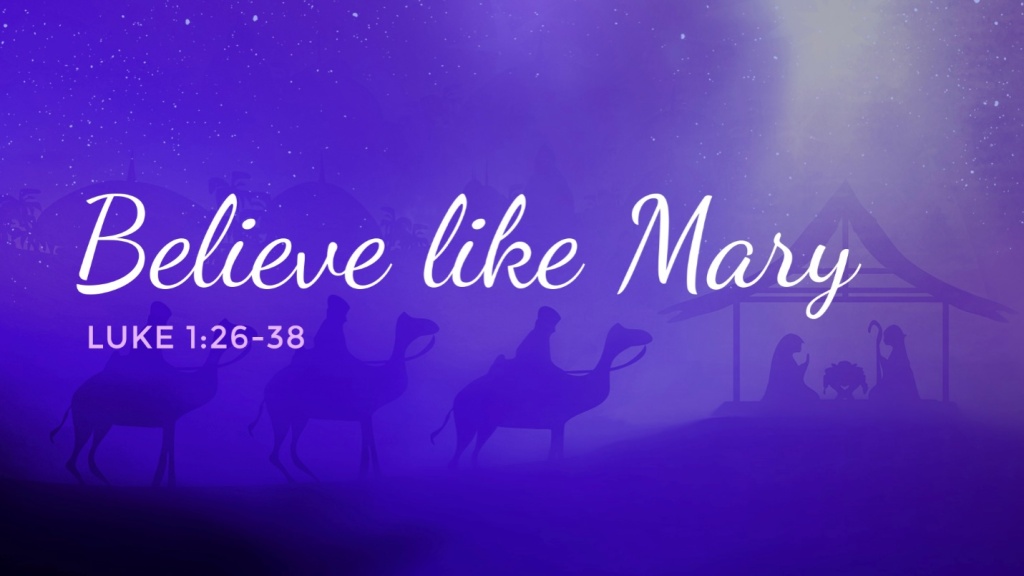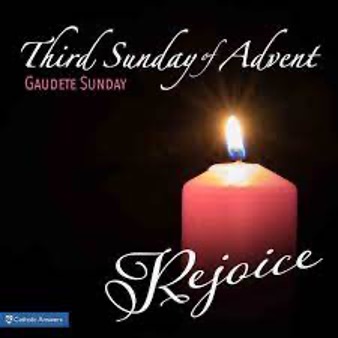Gospel
In the beginning was the Word,
and the Word was with God,
and the Word was God.
He was in the beginning with God.
All things came to be through him,
and without him nothing came to be.
What came to be through him was life,
and this life was the light of the human race;
the light shines in the darkness,
and the darkness has not overcome it.
A man named John was sent from God.
He came for testimony, to testify to the light,
so that all might believe through him.
He was not the light,
but came to testify to the light.
The true light, which enlightens everyone, was coming into the world.
He was in the world,
and the world came to be through him,
but the world did not know him.
He came to what was his own,
but his own people did not accept him.But to those who did accept him
Jn 1:1-18
he gave power to become children of God,
to those who believe in his name,
who were born not by natural generation
nor by human choice nor by a man’s decision
but of God.
And the Word became flesh
and made his dwelling among us,
and we saw his glory,
the glory as of the Father’s only Son,
full of grace and truth.
John testified to him and cried out, saying,
“This was he of whom I said,
‘The one who is coming after me ranks ahead of me
because he existed before me.’”
From his fullness we have all received,
grace in place of grace,
because while the law was given through Moses,
grace and truth came through Jesus Christ.
No one has ever seen God.
The only Son, God, who is at the Father’s side,
has revealed him.
Reflection
Today we celebrate the culmination of all our Advent preparations. Our ANCC online Advent retreat helped center our thoughts on God. The daily reflections on the Advent Gospels provided emphasis on the spirituality of our anchoring ourselves to the mystery of the Incarnation, the mystery which brought Jesus Christ into human history. This Christ event has forever changed everything for us in the world. As we enter into the mystery of the Incarnation allowing the transforming graces to continue to daily remind us of the humility of the crib.
Theodotus of Ancyra, a 5th century bishop of the Eastern Church reminds, “Do you not see how his lack of worldly goods was a prophecy and how his poverty, accepted for our sake, showed his accessibility to all? No one was afraid to approach Christ, overawed by his immense wealth; no one was kept from coming to him by the grandeur of his royal estate. No, he who was offering himself for the salvation of the world came as an ordinary worker.”
Action
We can try this year to be more conscious of behaving in such a manner that all our actions might join in sharing God’s desire to be one with is with everyone we might, especially those on the margins of our society.
Most Rev. George R. Lucey, FCM | Presiding Bishop
American National Catholic Church
